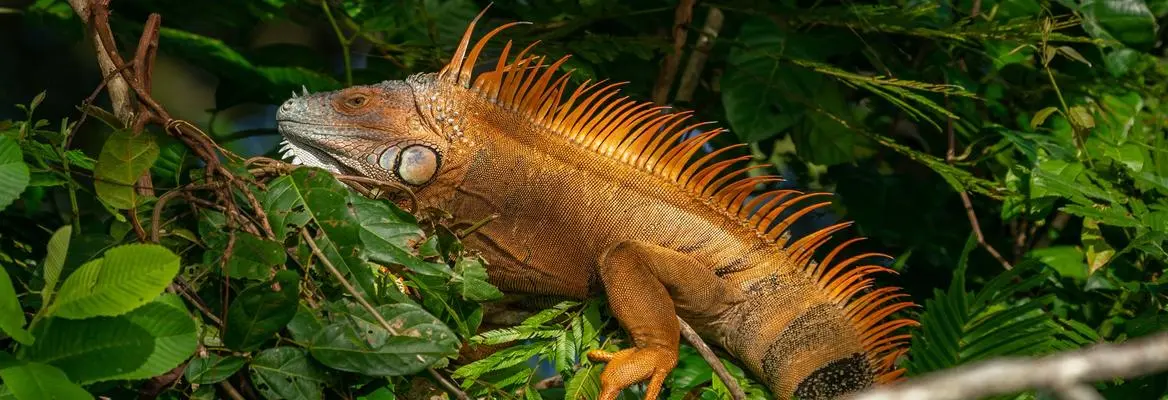The Neo-Darwinist paradigm maintains that natural selection is the sole driving force in evolution. This paradigm is not only wrong, but untrue to Darwin’s theory of evolution which made room for Lamarck’s suggestion that acquired characteristics can also be inherited. The side-lining any research into Lamarckian evolution has stifled the fruitful work of generations of researchers, limiting our understanding of how inheritance really works, argues Denis Noble.
The Neo-Darwinist paradigm of evolutionary biology is almost defined by its view of inheritance. That view is that acquired characteristics cannot be inherited, and that the organism itself has no active role in the evolution of the species. One of its founders, August Weismann, created the break with the ideas of Charles Darwin in 1883, just a year following Darwin’s death in 1882. He did so by inventing the Weismann Barrier, which he claimed protects the germ-line, the future eggs and sperm, from any influences of use-disuse features acquired by the organism during its lifetime. He was therefore going against the Lamarckian idea of inheritance of acquired characteristics that Darwin had accepted and later expanded upon in his writings on heredity. There was no experimental evidence for Weismann’s idea. He even wrote that it was a “necessary” idea, whether or not any experiments supported it.















Join the conversation